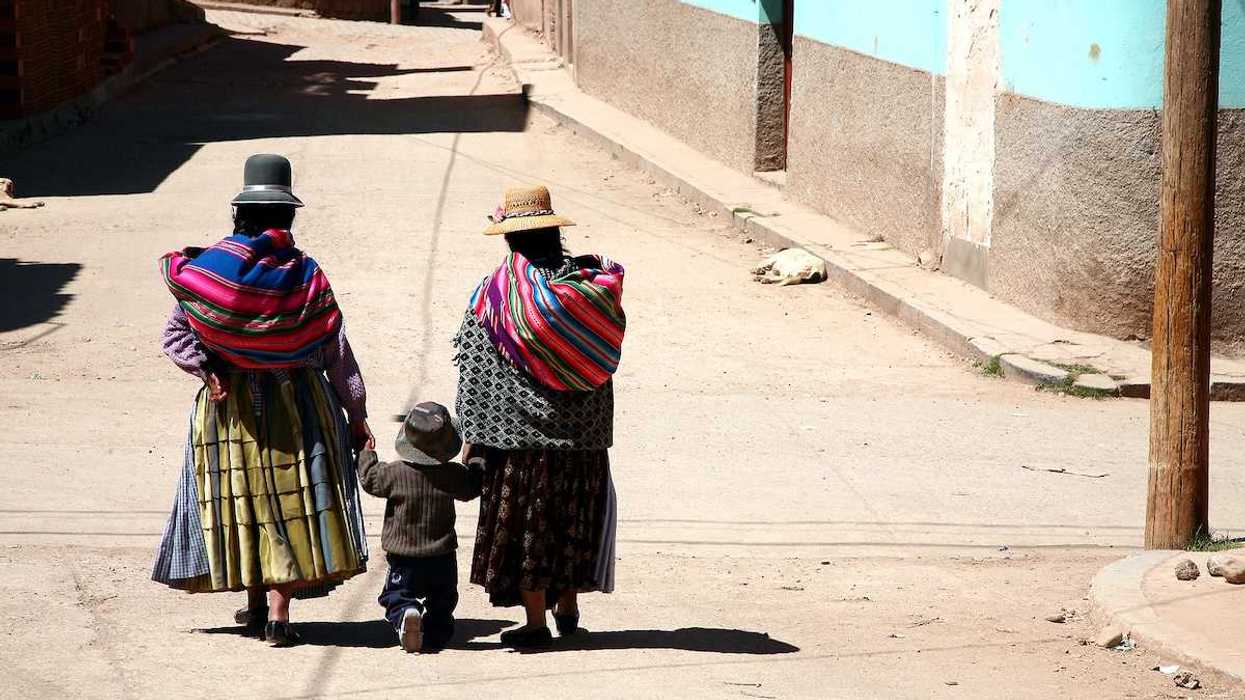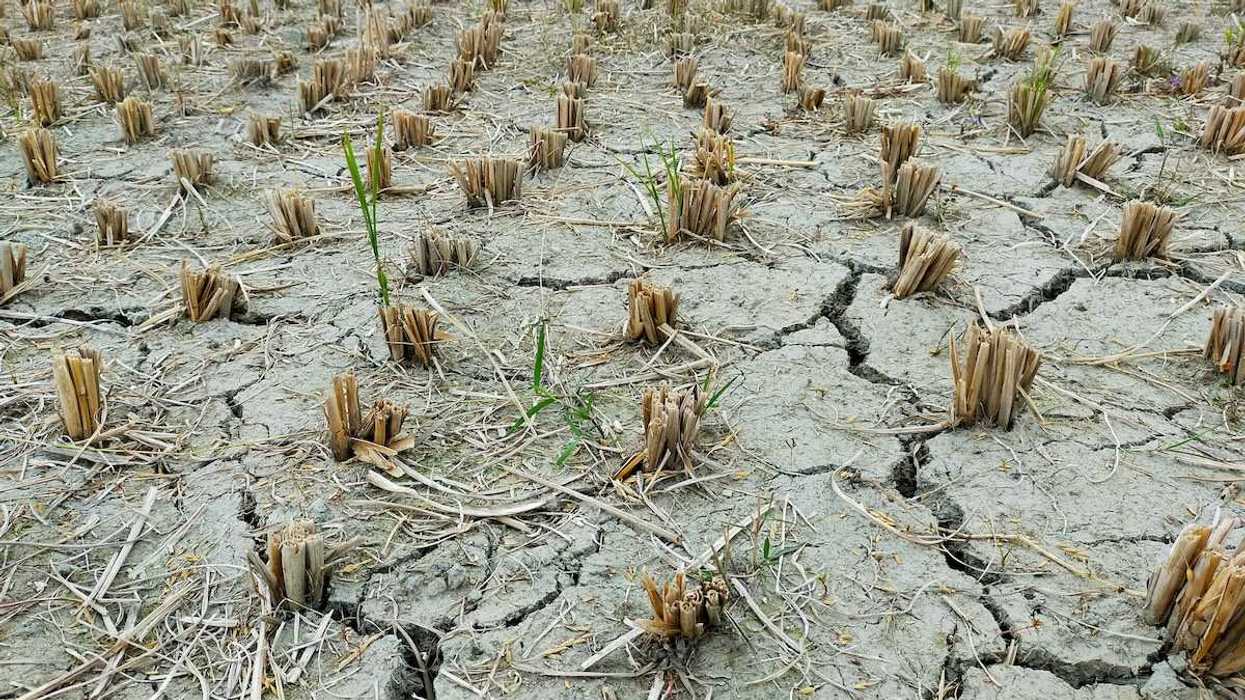Land-grant universities are generating billions from extractive industries on lands taken from Indigenous nations.
In short:
- 14 land-grant universities have acquired more than 8.2 million acres from 123 Indigenous nations, benefiting financially from extractive industries on these lands.
- These universities generated more than $2.2 billion in 2022 alone, with a significant portion coming from oil and gas production.
- The land acquisition and ongoing exploitation highlight the complex relationship between higher education, colonialism, and climate change.
Key quote:
"Universities continue to benefit from colonization... the actual income of the institution is subsidized by this ongoing dispossession."
— Sharon Stein, assistant professor of higher education at the University of British Columbia.
Why this matters:
This issue sheds light on the ongoing impact of historical injustices and the role of educational institutions in perpetuating environmental harm. Understanding this dynamic is crucial for addressing climate change and advocating for equitable policies in education and land management.
Should hospitals be next to divest from fossil fuels?














